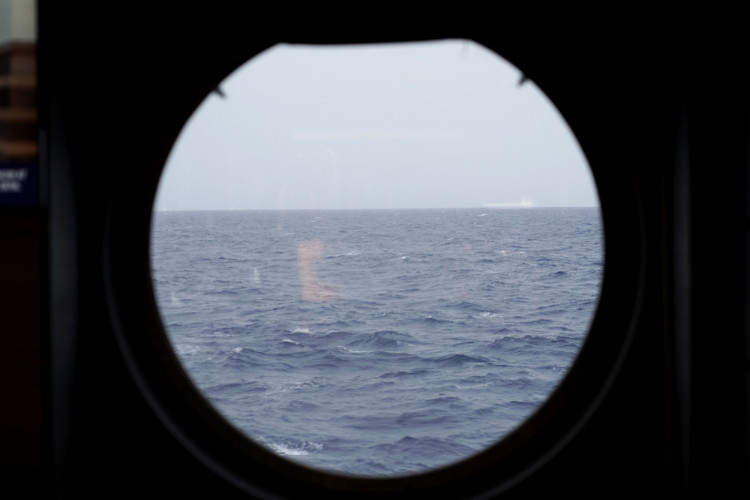The Rubymar cargo ship, previously attacked by the Houthi rebels, has sunk, according to an official statement from Yemen's internationally recognized government. The loss of the Rubymar marks a significant escalation in the Houthi's campaign against commercial shipping in the region, which they claim is in solidarity with Palestinians in Gaza.
The vessel, which was under Belize flag and owned by a UK company, foundered on Friday night, carrying over 41,000 tons of fertilizer. This incident has raised alarms over a potential "environmental catastrophe" due to the hazardous nature of the cargo. The U.S. military's Central Command had previously noted the ship's critical condition following the Houthi assault, which also resulted in an extensive oil slick spanning 18 miles.
The Houthis, a group based in Yemen and backed by Iran, have intensified their attacks on commercial vessels in the strategic waters of the Red Sea since mid-November. Their actions have not only threatened the global shipping routes but also heightened concerns over the broader implications for Middle East stability amid the ongoing Israel-Hamas conflict.
In response to the escalating threats, shipping companies have been compelled to reroute their vessels via the longer and costlier passage around southern Africa. Meanwhile, the United States and the United Kingdom have initiated military actions against Houthi targets in Yemen, aiming to curb these maritime attacks that jeopardize the safety and freedom of navigation in crucial waterways like the Bab el-Mandeb Strait and the Gulf of Aden.
Yemen remains embroiled in a protracted conflict, with its government operating from the southern port of Aden and the Houthis controlling significant portions of the north. The sinking of the Rubymar underscores the urgent need for a concerted international effort to address the security challenges in the Red Sea and ensure the safe passage of maritime commerce essential for the global economy.






